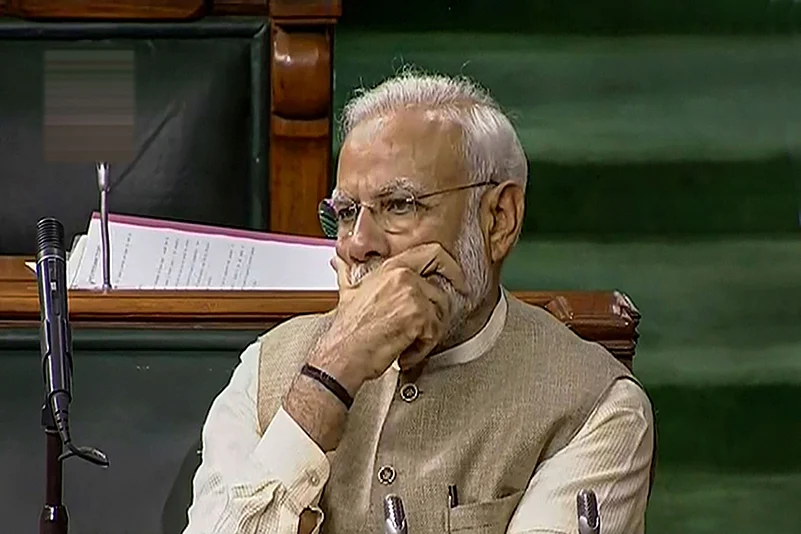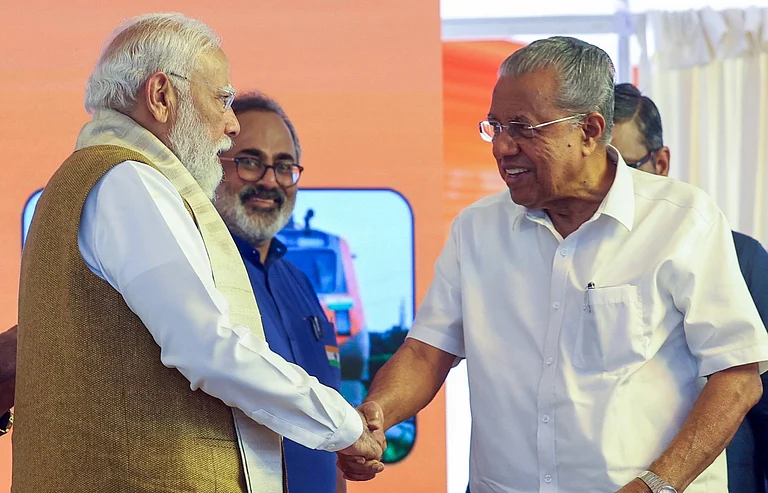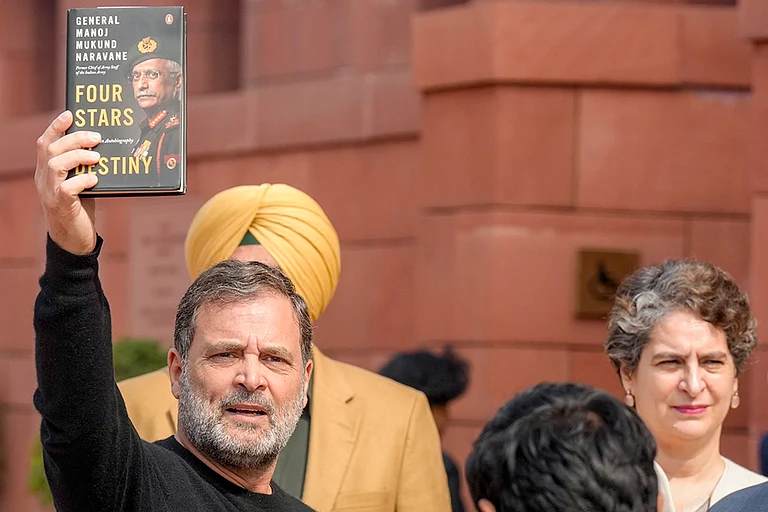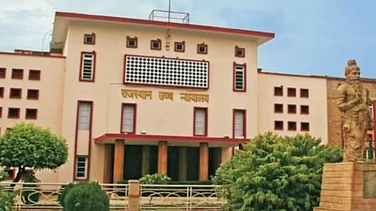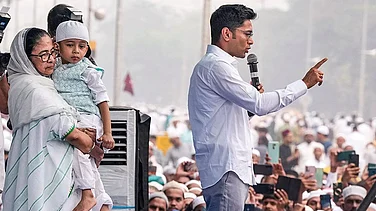On August 17, the Union Public Service Commission (UPSC) issued a notification for recruiting 45 joint secretaries, directors and deputy secretaries through the lateral entry route following a request from the Centre. However, just three days after the announcing the recruitment, the advertisement was rolled back citing commitment to “social justice”.
The backtracking of the BJP-led central government on this advertisement followed a major row in Parliament with the opposition slamming the government for undermining reservations and alleging that it was an "attack" on Dalits, OBCs and Adivasis. The opposition was not alone in this; even Chirag Paswan, a Union Minister from BJP ally Lok Janshakti Party (Ram Vilas), voiced concern over appointments in government positions without following reservations. Nitish Kumar-led JD(U), another BJP ally, too opposed the move.
The rollback is in stark contrast with what we have witnessed in the last two terms of the Modi government, during which it was standard practice to introduce a bill by surprise and get it passed in Parliament within days, despite opposition walkouts.
However, the tables have turned now with key members of the BJP-led NDA having a bigger say in the alliance after the 2024 general election. The opposition, too, has a leader in Parliament for the first time in 10 years, and key BJP allies have agreed with the opposition’s concerns several times. There was room for lengthy debates, with even Lok Sabha Speaker Om Birla describing the just-ended proceedings as “most productive” in recent years. The result – the government has found itself playing defence.
UPSC’s ad was not the only instance in this Parliament session where the Centre faced the wariness of its allies and took a U-turn on its decisions. In the case of the Waqf (Amendment) Bill introduced in the Lok Sabha on August 8, while BJP allies Shiv Sena (Shinde) and JD(U) strongly backed the proposed changes, TDP and Lok Janshakti Party (Ram Vilas) called for wider consultation. The bill also drew criticism from Muslim members, activists, and legal experts, and led to a heated debate in Parliament over concerns that the legislation could reignite communal tensions. Despite the government’s efforts to convince its allies, Rajya Sabha withdrew the bill and the legislation was sent to a 31-member Joint Committee of Parliament.
Again, on August 12, the Union Ministry of Information and Broadcasting withdrew its second draft of the Broadcasting Services (Regulation) Bill, 2024, after the new draft received widespread criticism by media organisations and major social media players. The main complaint was that it led to censorship and was a threat to freedom of speech, primarily for YouTube broadcasters, independent web news and individual commentators. Opposition slammed the bill saying it would pave the way for “excessive surveillance” online. The government defended itself by asserting that the bill was still in a draft stage. It has now invited feedback from the public on the first draft until October 15.
Playing it safe?
Several analysts have said that the government cannot afford bitterness with its allies and supporters in view of the upcoming state elections in which BJP is in unsure territory. Jammu and Kashmir is going to polls in three phases from September for the first time since it lost its statehood and special status under Article 370. Haryana, where the farmers' agitation and discontentment over other issues are continuing, is going to the polls on October 4. Bihar, which is likely to go to polls early next year will also be crucial as Nitish Kumar, who re-emerged as a key player at Centre this year, has already been flexing his muscles over the refusal for Bihar’s special status. Maharashtra, Jharkhand and Delhi are also states to watch out for.
The Congress and its INDIA-allies also have a newfound confidence after the Lok Sabha results strengthened their position and brought down the down the BJP’s strength to 240 seats. Even in the recent bypoll results, the INDIA bloc has continued its winning spree. Congress won two seats in Uttarakhand and Himachal Pradesh, TMC bagged all four in West Bengal, and DMK and AAP won one each in Tamil Nadu and Punjab, while the BJP managed to win only two seats.






